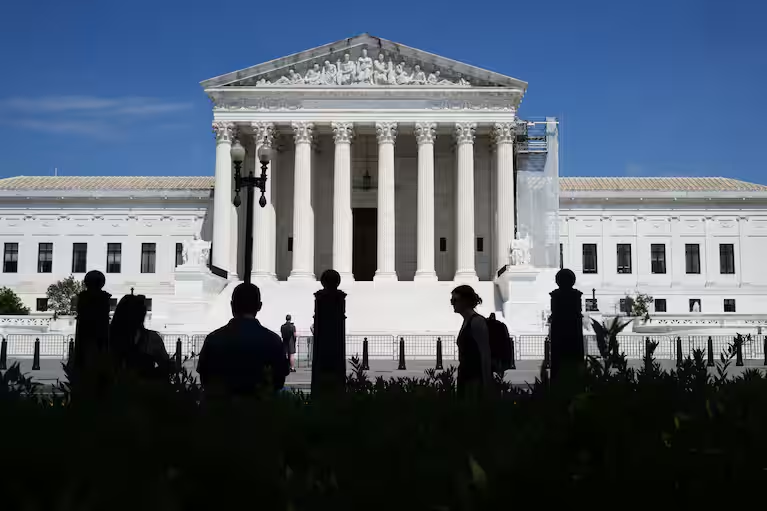In a significant development affecting the intersection of social media and free speech, the United States Supreme Court has vacated lower court rulings on Republican-backed laws in Florida and Texas aimed at restricting social media companies’ content moderation practices. The decision, announced on the final day of the Court’s term, directs appeals courts to reconsider their previous judgments in light of First Amendment considerations.

The laws in question, passed in 2021, were challenged by tech industry trade groups NetChoice and the Computer & Communications Industry Association (CCIA), representing major platforms such as Meta, Google, TikTok, and Snap. These groups argue that the state laws infringe upon the platforms’ First Amendment rights to exercise editorial discretion.
At the heart of the debate is whether social media platforms’ content moderation decisions are protected speech under the First Amendment, shielding them from government mandates to publish certain content. The tech companies maintain that without this discretion, their platforms would be overwhelmed by problematic content including spam, extremism, and hate speech.

The Texas law prohibits large social media companies from censoring users based on “viewpoint,” while Florida’s law restricts platforms’ ability to remove content from political candidates or “journalistic enterprises.” Lower courts had split on the issue, with key provisions of Florida’s law blocked while the Texas measure was upheld.
The Biden administration opposed both state laws, arguing that they violate the First Amendment by compelling platforms to present content they find objectionable. Conversely, officials from Florida and Texas contend that content moderation actions fall outside First Amendment protection.
This case is part of a broader examination of free speech in the digital age by the Supreme Court. Earlier this year, the Court ruled that government officials can sometimes be sued for blocking critics on social media, and declined to impose limits on the federal government’s communications with social media platforms regarding misinformation.

The decision to vacate the lower court rulings and remand the cases for reconsideration reflects the complex nature of applying traditional First Amendment principles to the rapidly evolving landscape of social media. It also highlights the ongoing tension between efforts to regulate online content and protect free speech rights in the digital realm.
As these cases return to the lower courts, they will likely continue to shape the legal framework governing social media regulation and content moderation practices. The outcomes could have far-reaching implications for how social media companies operate and how state governments can regulate online speech.
This development comes amid broader debates about the role of “Big Tech” in public discourse, with conservative critics often accusing platforms of censorship. The ongoing legal battles underscore the challenges of balancing free speech, content moderation, and government regulation in the digital age.



